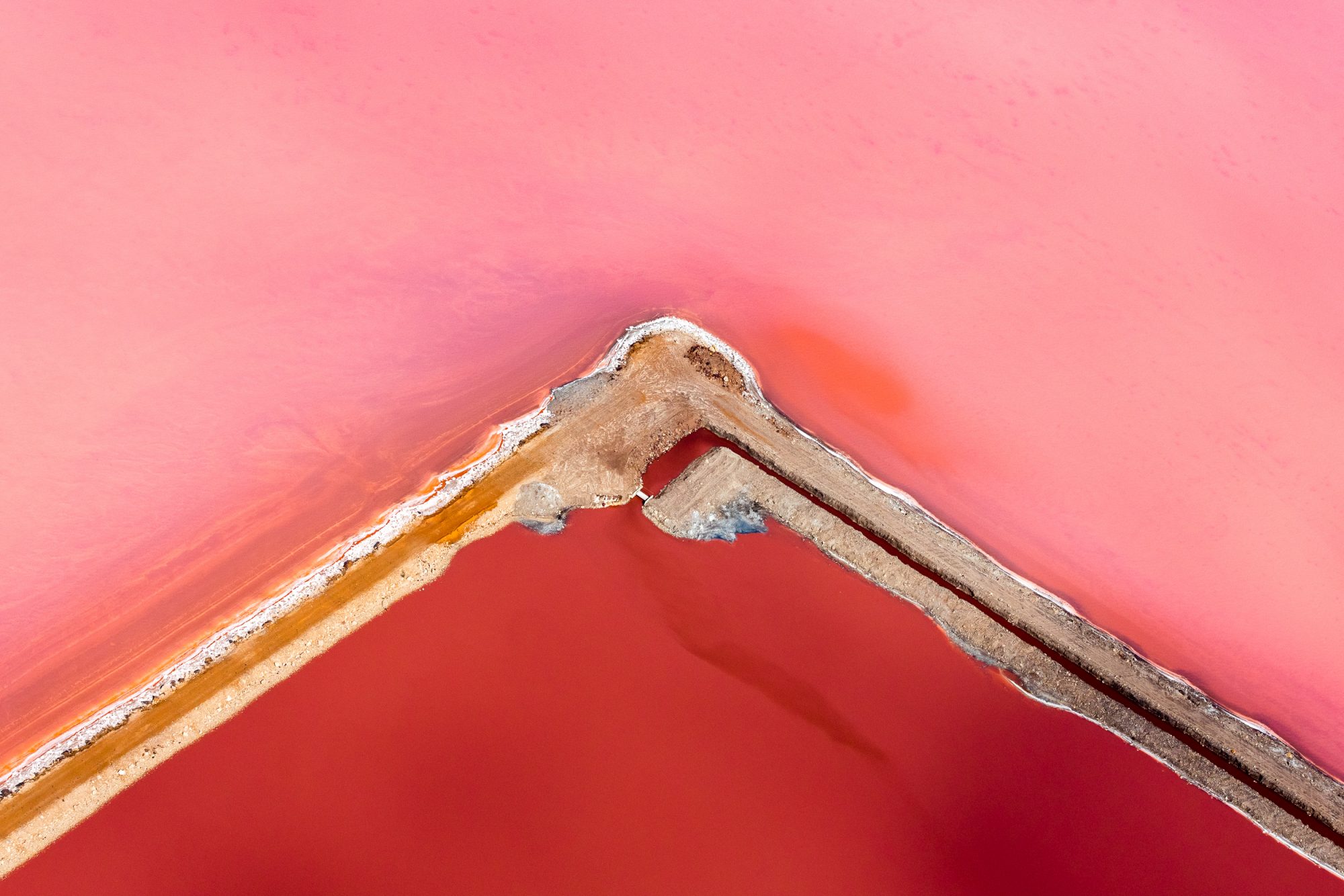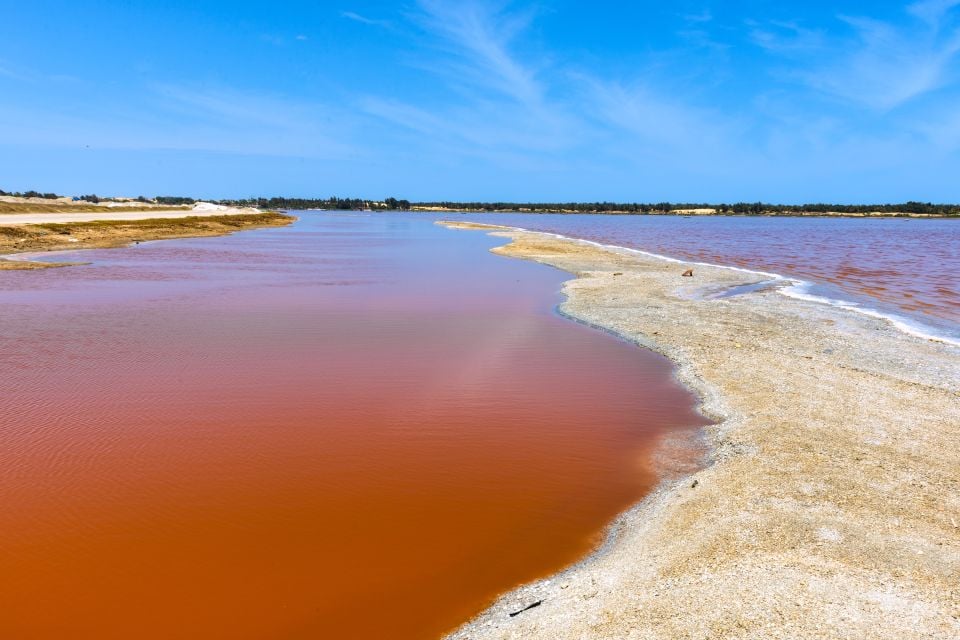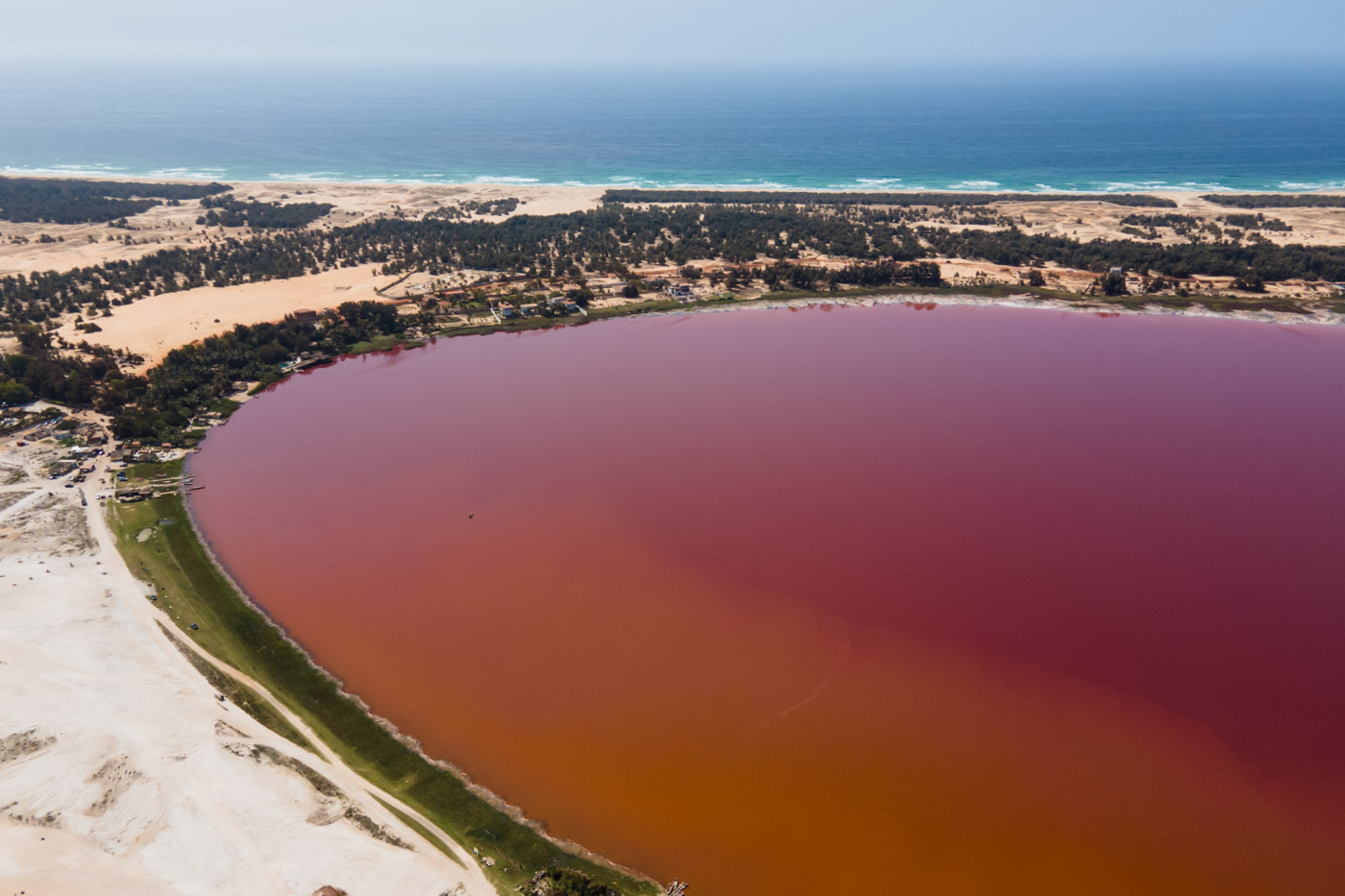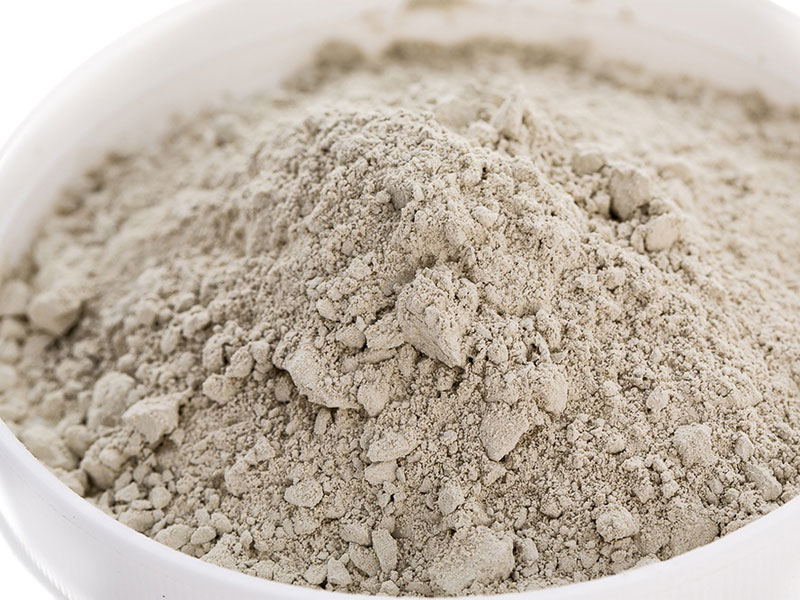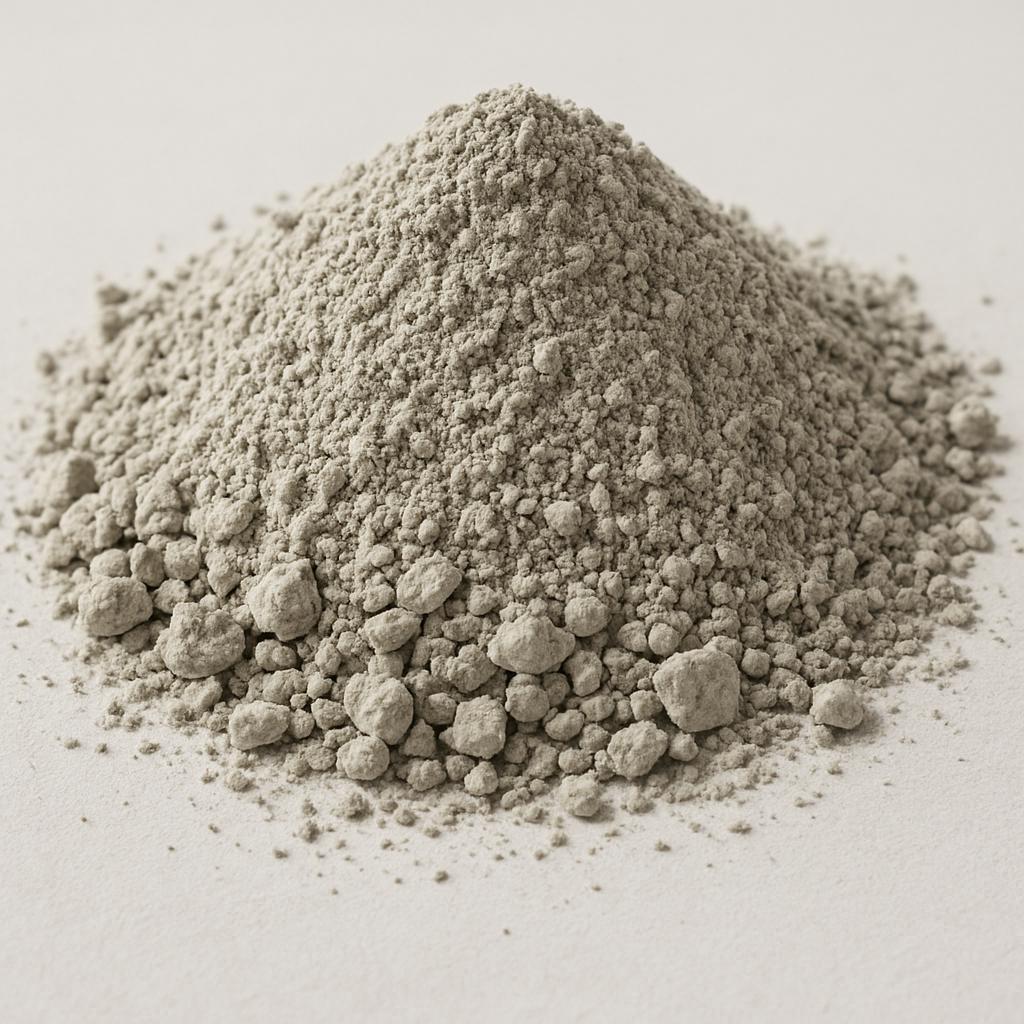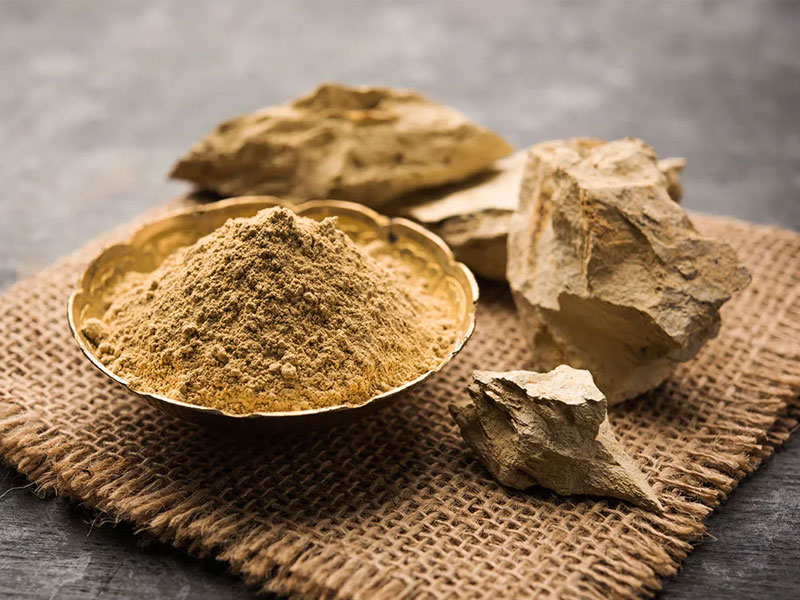The Origins of Pink Salt Lakes
The Geological Marvel
Pink Salt Lakes, also known as salt pans, are geological wonders that have captured the imagination of travelers for centuries. These unique bodies of water are often found in arid regions with high salinity levels. But why do they appear pink?
The Pink Pigment
The vivid pink color of these lakes is a result of high salinity combined with the presence of microorganisms, notably Dunaliella salina. This microalgae is rich in beta-carotene, a natural pigment that gives the lakes their distinctive hue.
Read More: Bentonite
Famous Pink Salt Lakes around the World
Lake Retba (Lac Rose), Senegal
Lake Retba is one of the most famous Pink Salt Lakes in the world. Located in Senegal, it gets its name from the pinkish hue that results from the high salt content and the proliferation of Dunaliella salina. The lake is not only a visual treat but also supports the livelihood of local salt harvesters.
Hutt Lagoon, Western Australia
Hutt Lagoon, situated in Western Australia, is another renowned pink salt lake. The color of the lake varies from pale pink to deep red, creating a mesmerizing contrast against the azure skies. It is a popular tourist destination and a source of beta-carotene for various industries.
The Ecological Significance
Biodiversity Hotspots
These salt lakes are not just about visual splendor; they are also vital for biodiversity. The extreme salinity and unique conditions provide habitat and sustenance for a variety of microorganisms and bird species.
A Resting Ground for Migratory Birds
Many Pink Salt Lakes serve as critical resting and breeding grounds for migratory birds, making them a hub for birdwatchers and ecotourists.
Read More: Wikipedia
The Rise in Popularity
Social Media Sensation
In recent years, Pink Salt Lakes have gained immense popularity on social media platforms. Instagram is adorned with photos of these picturesque landscapes, attracting wanderlust-driven travelers from across the globe.
Tourism Boom
This surge in popularity has resulted in a tourism boom around these natural wonders. From photography enthusiasts to nature lovers, everyone is eager to witness the ethereal beauty of Pink Salt Lakes firsthand.
Conservation Efforts
Balancing Tourism and Preservation
The increase in tourism brings both benefits and challenges. Efforts are underway to balance the influx of visitors with the need to protect the delicate ecosystems of these lakes.
Preserving Microorganisms
Conserving the microorganisms, such as Dunaliella salina, is vital for maintaining the stunning pink color of these lakes.
Indigenous Perspectives
Many Pink Salt Lakes hold cultural significance for indigenous communities. These lakes are often intertwined with their traditions, folklore, and way of life.
Read More: Kaolin
Conclusion
Pink Salt Lakes are nature’s artwork, blending geology, biology, and culture into a harmonious symphony of color and life. From the mystical Lake Retba in Senegal to the enchanting Hutt Lagoon in Western Australia, these unique bodies of water continue to capture our hearts and inspire conservation efforts.


